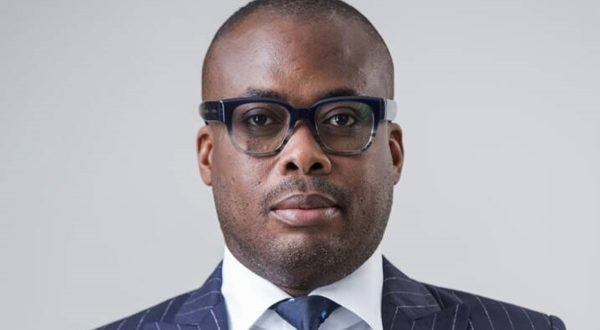Broadcast journalist Paul Adom-Otchere has suggested that the Ghana Independent Broadcasters Association (GIBA) “fold up” as it has no role to play in the Digital Terrestrial Television (DTT).
The host of Metro TV’s ‘Good Evening Ghana’ feels GIBA has “hijacked the conversation” surrounding the DTT migration.
In his show’s editorial, he held that “GIBA ought not to be part of this conversation.”
He is thus advocating for a new organization called the Ghana Independent Content Providers Association to enter the media space.
“I am suggesting to you let us replace the Ghana Independent Broadcasters Associaton with this one; the Ghana Independent Content Providers Association. GIBA fold up. Fall off. Let’s have the Ghana Independent Content Providers Association,” Mr. Adom-Otchere said.
Mr. Adom-Otchere argued that the new era of television was going to be about content as the government will standardize transmission and distribution.
As things stand, GIBA is made up of TV owners who have very little to do with the content that is aired on their TV stations, he said.
“If you are not directly connected to the content that is coming out as you see it, then you have no role to play in the conversation, and the authorities have been talking to GIBA and that is part of the problem we are having because the people that the authorities have been speaking to, the GIBA people, they have no further role to play in this conversation. The people who have a role to play are those who do content.”
He said the DTT platform is “about monetizing content to create an economic situation and enable the economy so that people in that industry can create businesses out of it.”
GIBA is coming off a week in which it met with the Communication Ministry and other stakeholders over the DTT implementation.
GIBA had earlier claimed that the government planned to allow China’s StarTimes to take over the DTT project.
But these allegations were refuted by the government.
The government said the platform will be managed by a new firm called the Central Digital Transmission Company, which will be presided over by a seven-member Board, on which GIBA has a representative.
A truce was said to have been reached at a meeting organized by these stakeholders to find a lasting solution to the impasse on the matter.
Speaking after the first meeting on Thursday, Information Minister-designate, Kojo Oppong Nkrumah, said the parties agreed to engage further to deliberate on the implementation of the DTT project.
The government first signed a $95 million deal with the StarTimes to supply and install the DTT network platform for Ghana in 2012.
But the contract with Startimes was later abrogated over the failure of the company to secure the necessary funding from the China Exim Bank to execute the project.
The government then awarded the digital migration contract to K-Net, a Ghanaian-owned company.
As K-Net worked on the project, StarTimes sued the government of Ghana claiming an unfair abrogation of their contract with the State.
The Ningo Prampram MP, Sam George, claimed that the Government of Ghana willingly walked out of the case which it was set to win at the international court over fears of not accessing a $19 billion loan facility from China for the country’s Digital Terrestrial Television (DTT) infrastructure.
An Accra court in 2015 first threw the StarTimes case out of court compelling the firm to seek relief at the International Court.
The Mahama government set September 2017 as its target for the migration onto the DTT platform but the current Minister of Communications, Ursula Owusu-Ekuful has said Ghana is still not ready.
She then shifted the deadline for the migration from analog to digital broadcasting to 2018.
According to her, the project’s implementation process faced some challenges, hence the change in date.
The cost of the second phase of the project has not been settled on but the government is looking at around $97 million.
–
By: Delali Adogla-Bessa/citinewsroom.com/Ghana








